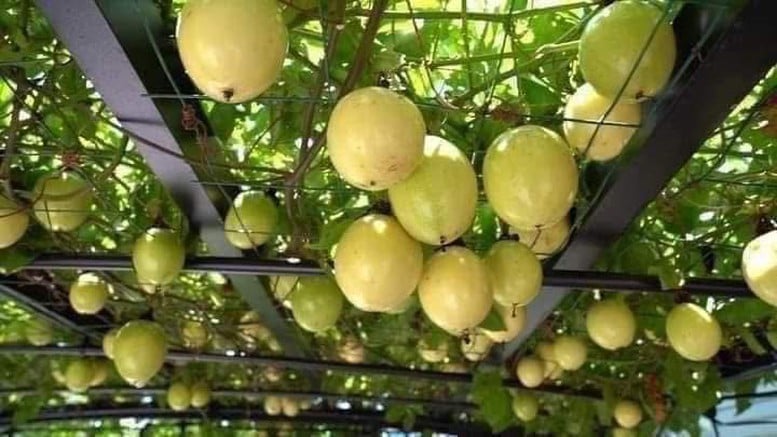
Previously, passion fruit only passed through 7 border gates in Guangxi, China, now businesses can choose any suitable border gate for export - Photo: VGP/Do Huong
This is a major turning point, moving from temporary technical guidelines lacking a legal basis to a stable 5-year legal framework, opening up opportunities for transparency and sustainability for the Vietnamese agricultural sector.
Risk of illegal trade
Less than three years ago, passion fruit and fresh chili peppers faced many risks when exporting across the northern border under temporary regulations. Goods could be held up at any time due to policy changes or violations of standards from China. Now, with the two new protocols, Vietnam not only ensures its export rights but also has deeper access to the Chinese domestic market, far beyond the border area. Mr. Nguyen Quang Hieu, Deputy Director of the Department of Crop Production and Plant Protection, emphasized: "The protocol is a bilateral commitment, helping businesses understand the rules of the game, no longer exporting goods in a "blind and blind" manner like those who bring goods across the border."
Passion fruit and fresh chili, with high quality and high demand in China, are expected to lead the wave of official exports. The Department of Crop Production and Plant Protection is committed to accompanying, from updating information, training to coordinating when China inspects. The transfer of management of growing area codes and packing facilities to the Department from the General Department of Food Safety (GACC) also ensures consistency in implementation.
In addition to passion fruit and fresh chili, Vietnam has signed four agricultural protocols and three environmental agreements with China, expanding the list of official products such as watermelon, dragon fruit, banana, mango, longan, lychee, rambutan, durian, mangosteen, sweet potato and bird's nest. This reflects the increase in bilateral cooperation, meeting the growing demand of the market of 1.4 billion people.
A highlight of the protocol is the post-inspection mechanism, which includes periodic inspections of the growing areas and packaging facilities that have been assigned codes. If violations are detected, China will investigate, request corrections, and only restore export rights when they fully meet the standards. Mr. Hieu affirmed: "Post-inspection is an essential part of international trade, not only to cross the border but also to maintain trust." The sampling rate for inspection is stipulated at 2% of each shipment, with the possibility of reducing to 1% if Vietnam maintains good quality, helping to reduce costs and optimize the supply chain.
The protocol also provides more flexibility in terms of shipping routes. Previously, passion fruit only passed through 7 border gates in Guangxi, but now businesses can choose either sea or road routes, as long as they are suitable for the function of the border gate, creating favorable conditions for logistics.
With these protocols, many businesses are concerned about issues such as code issuance time, post-inspection costs and GAP standard requirements...
The code issuance process is currently carried out by localities, compiled every 3 months (March, June, September), requiring businesses to proactively plan. Regarding the cost of surprise inspections, according to international practice, Vietnam is responsible, but the Department will request budget if it is part of the general plan, and at the same time call on businesses and associations to share.
GAP standards are not mandatory, but China prioritizes GAP-compliant growing areas and packaging facilities or equivalent. Mr. Hieu emphasized: "The law is the law when you're in the game, this is an opportunity for standardized, transparent production." Mr. Hieu added that the Department has negotiated to maintain flexibility, as long as there is evidence of safe production, traceability, and ensuring environmental, food safety, and social welfare criteria, it will still be accepted. The important thing is transparency and demonstrability.
"No one forces us, but once we enter the game, the rules are the rules," said Mr. Hieu. He also said that the two protocols not only create a legal corridor but also encourage businesses and people to transform towards standardized, transparent, and traceable production - a long-term approach instead of struggling with each shipment.
Regarding the cost of surprise inspections - a significant part of post-inspection, Mr. Hieu stated: "According to international practice, the exporting country must pay. If it falls within the general plan, the Department will ask for the state budget. But if there is a surprise inspection, we really hope for the cooperation of businesses and associations." This is not only a financial issue but also a shared responsibility in protecting national reputation.
With the new legal framework, official export is not only an opportunity but also a big challenge, requiring businesses and people to change towards sustainability. As Mr. Hieu said: "Post-inspection is the way for Vietnamese goods to maintain their reputation in the international market."
Do Huong
Source: https://baochinhphu.vn/cac-nghi-dinh-thu-tao-buoc-tien-cho-xuat-khau-nong-san-sang-thi-truong-trung-quoc-102250626093105007.htm



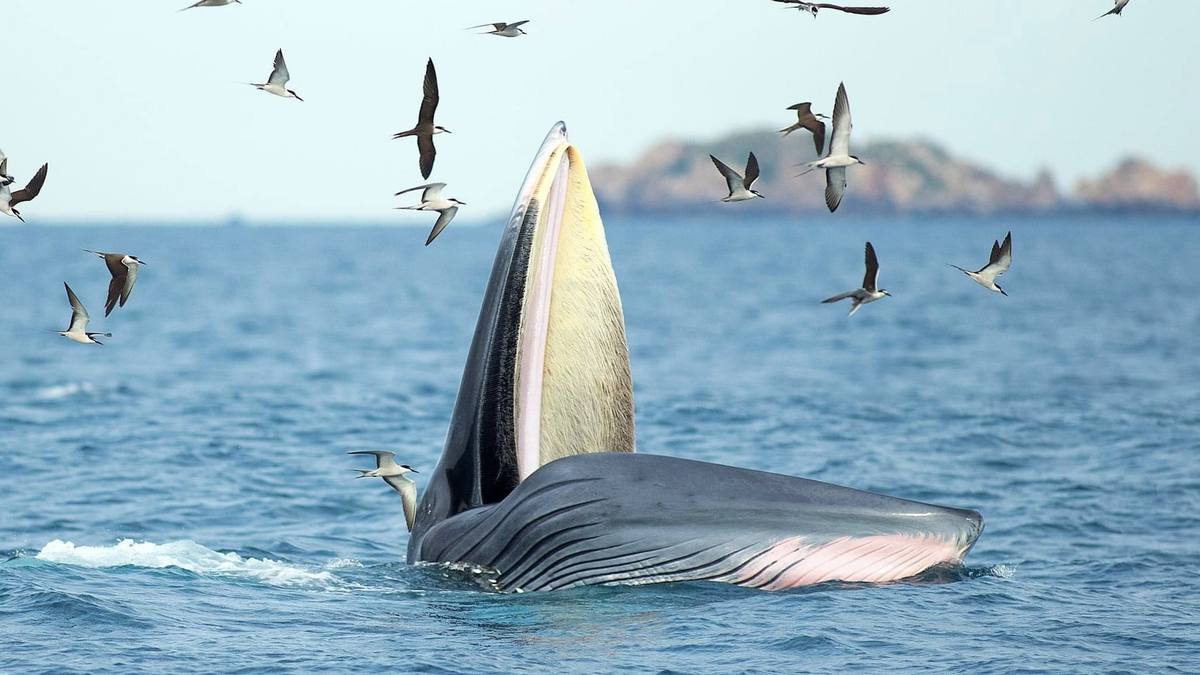

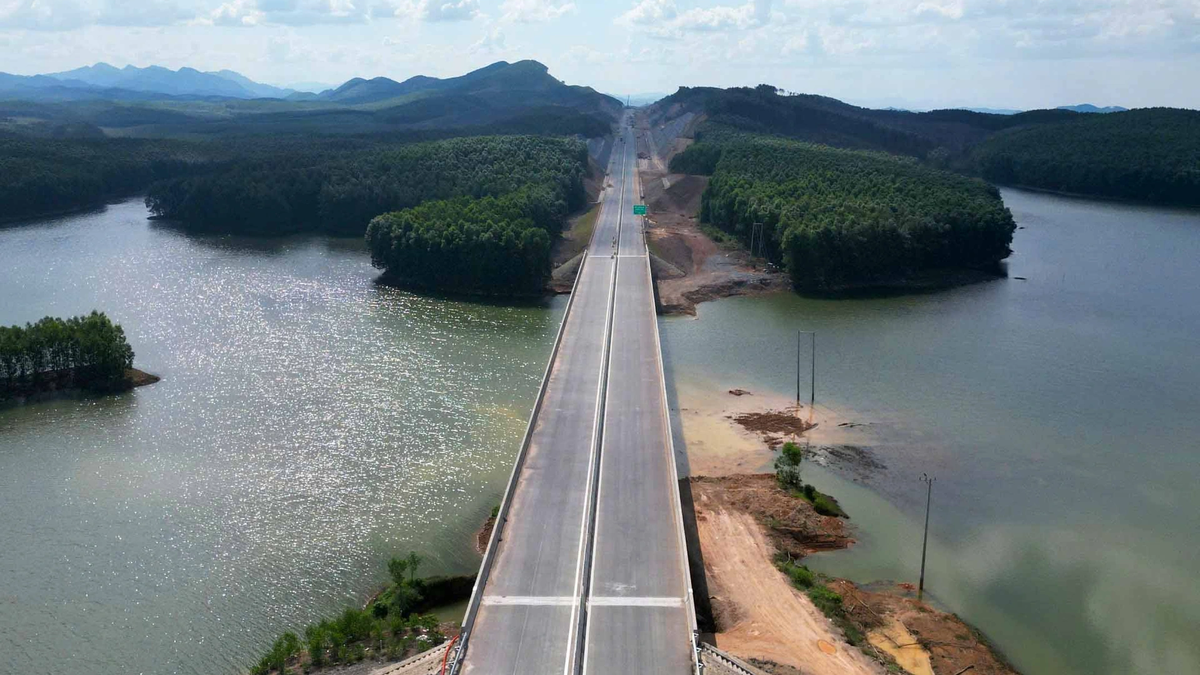

![[Photo] General Secretary To Lam receives Australian Ambassador to Vietnam Gillian Bird](https://vphoto.vietnam.vn/thumb/1200x675/vietnam/resource/IMAGE/2025/6/26/ce86495a92b4465181604bfb79f257de)


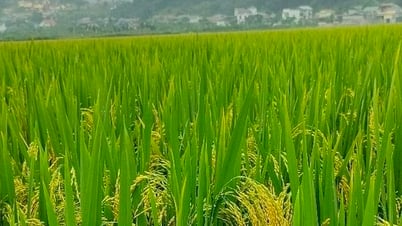
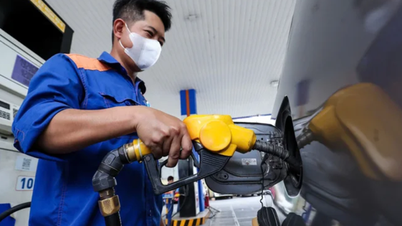
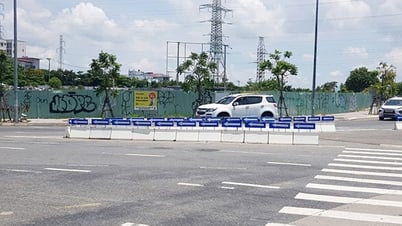
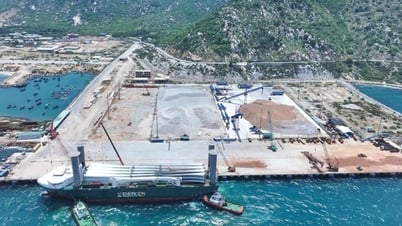





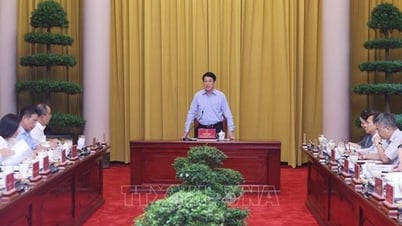
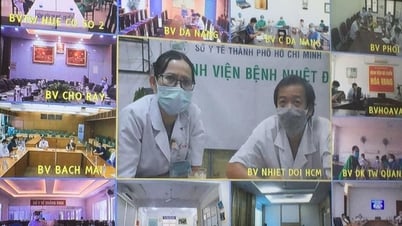
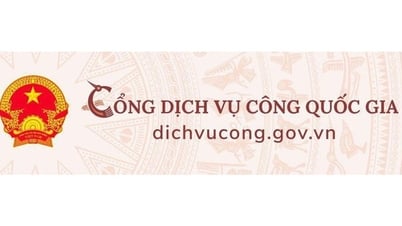


![[Photo] Candidates take the first graduation exam with the new Literature topic](https://vphoto.vietnam.vn/thumb/1200x675/vietnam/resource/IMAGE/2025/6/26/dfded9e317554c25a3e26defe672ebb7)



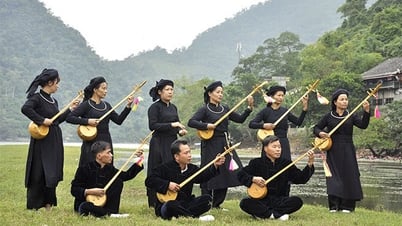



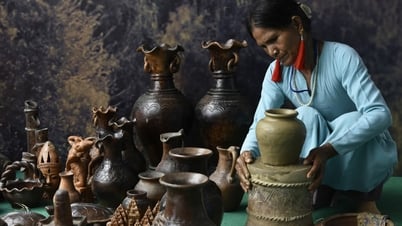

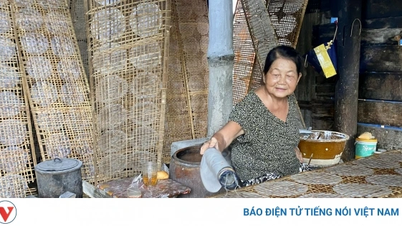



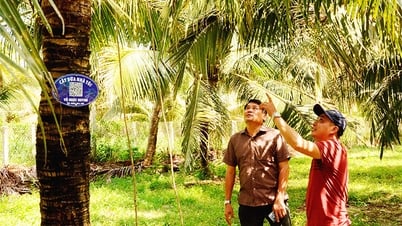



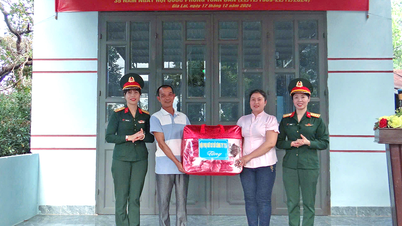
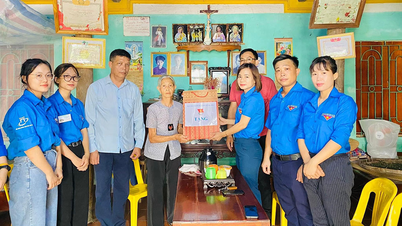
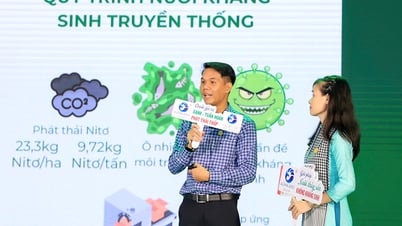

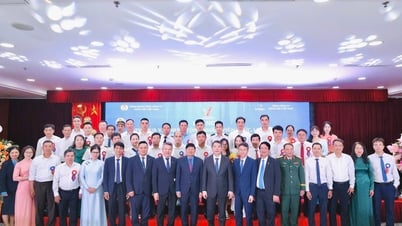

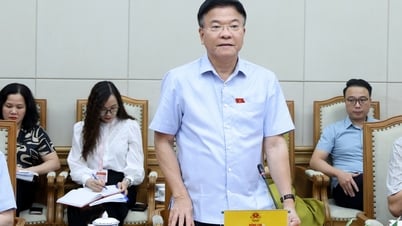




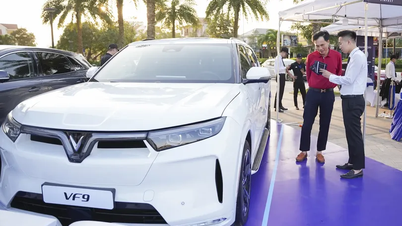



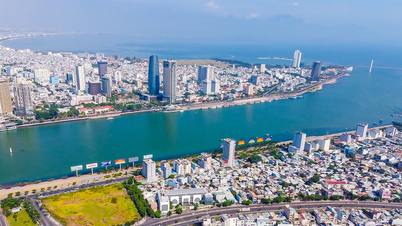


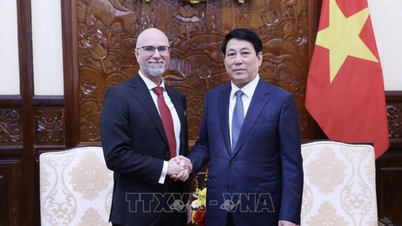
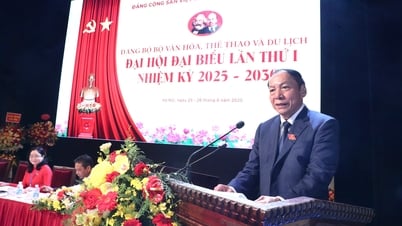

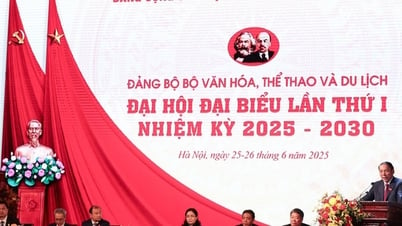



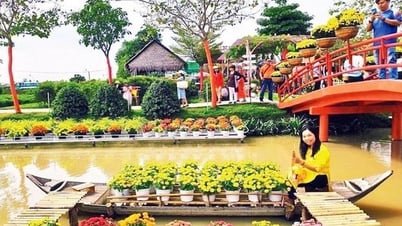
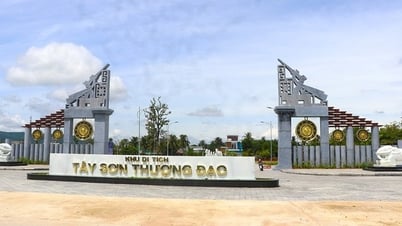
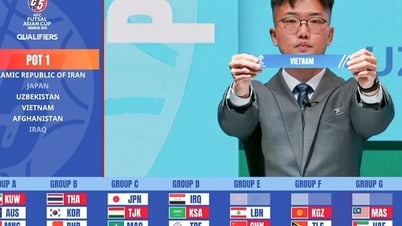

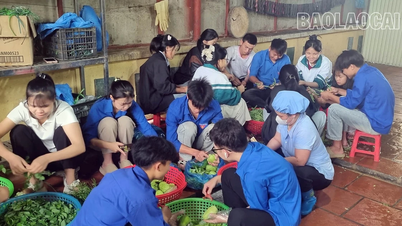

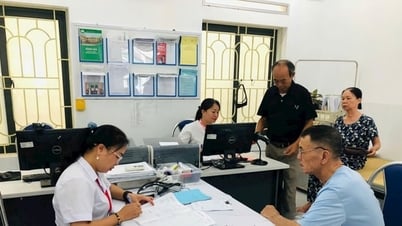


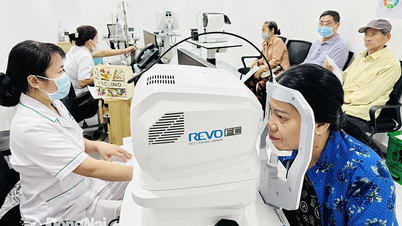

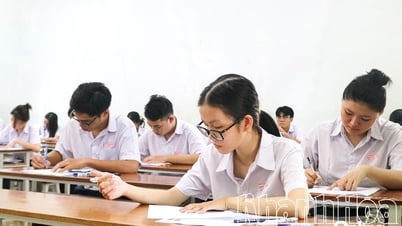






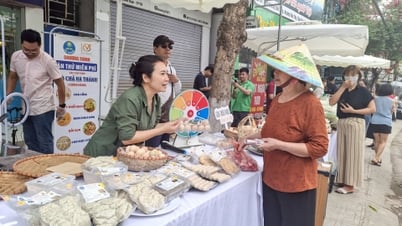





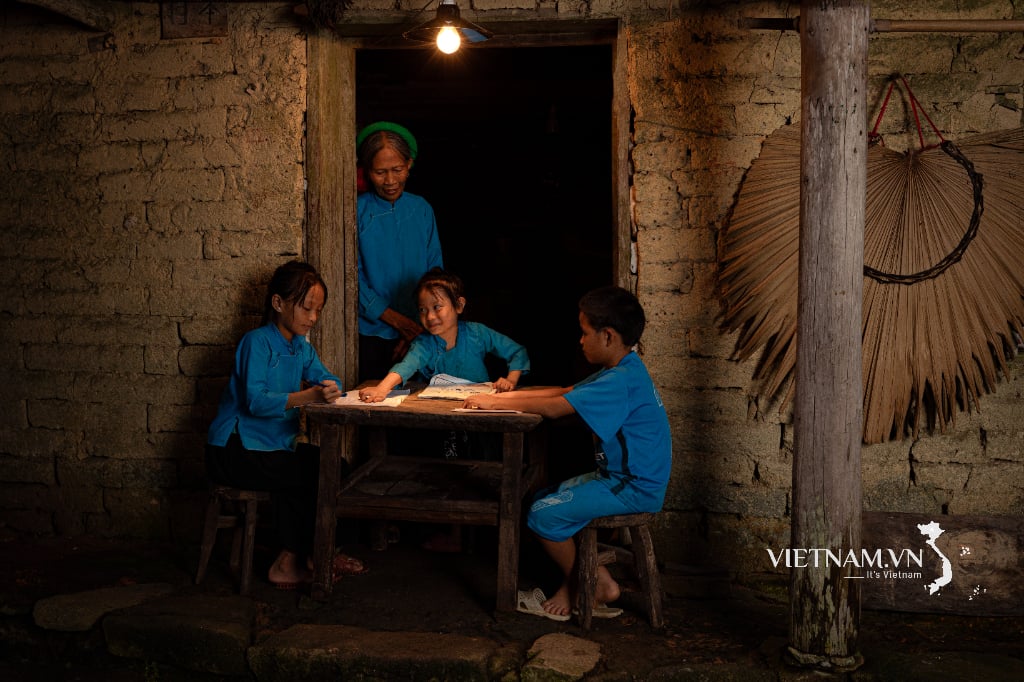


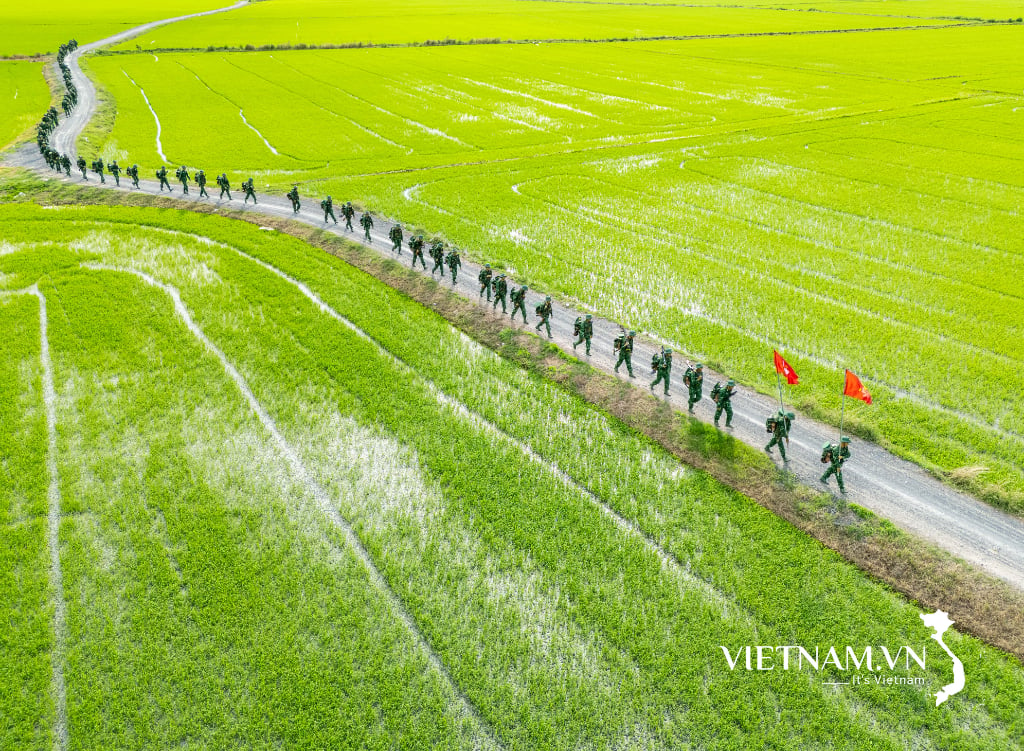
Comment (0)